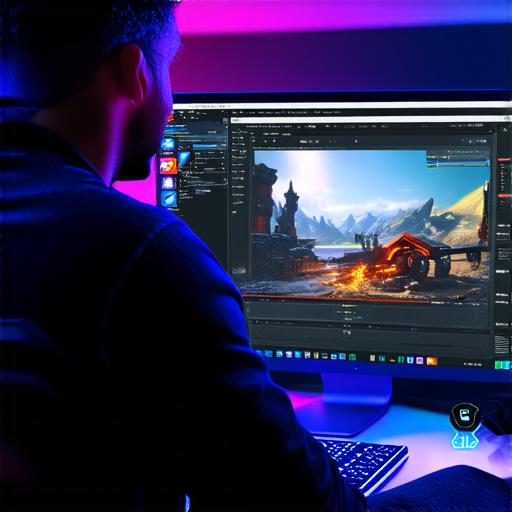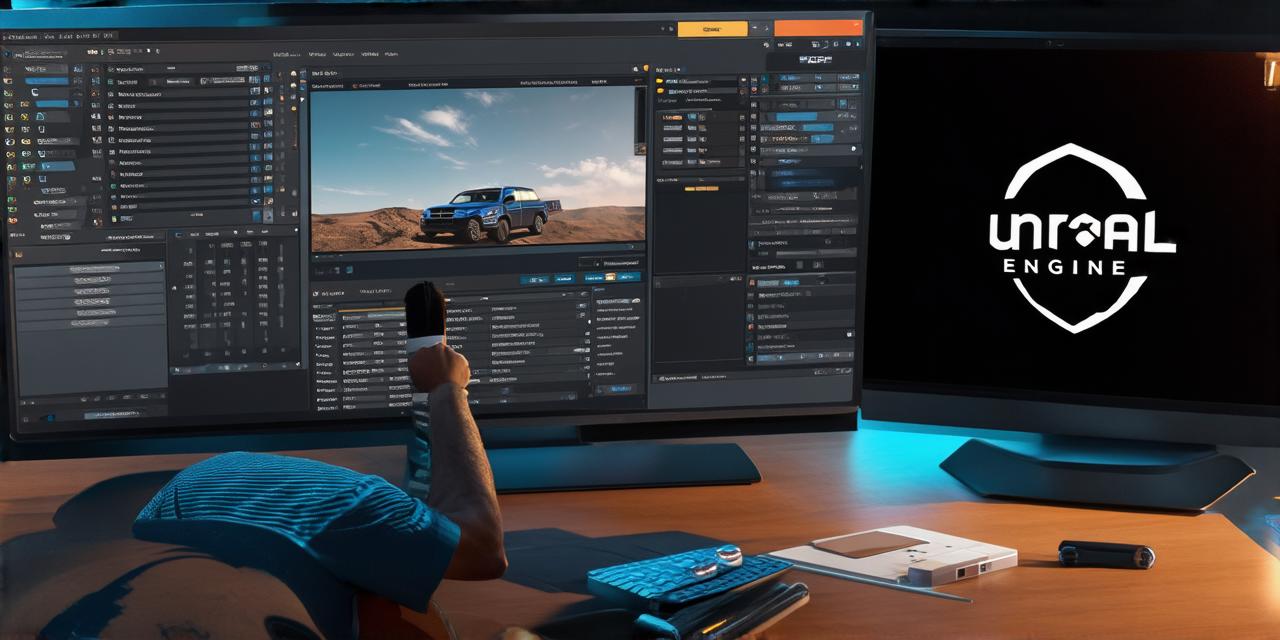1. What is Unreal Engine?
Unreal Engine is a real-time 3D engine developed by Epic Games. It was first released in 2004 and has since been updated to include numerous features and tools that make it an ideal platform for creating games, movies, and other interactive experiences. Some of the key features of Unreal Engine include:
- A powerful rendering engine capable of producing stunning visuals
- A flexible scripting system that allows developers to create custom game logic and behaviors
- Built-in support for a wide range of platforms and devices, including PC, console, mobile, and VR/AR
- A large and active community of developers who contribute to the software’s development and share their knowledge through online resources and tutorials.
2. Getting started with Unreal Engine
Before you can start creating games using Unreal Engine, you will need to install and set up the software on your computer. You can download the latest version of the engine from Epic Games’ website, and once you have installed it, you will be able to create new projects and import assets such as 3D models, textures, and animations.
Once you have set up your project, you will need to learn some of the basics of Unreal Engine development. This may include learning how to navigate the software’s interface, how to create basic game objects and scenes, and how to use the engine’s scripting system to create custom logic and behaviors.
There are many resources available online that can help you get started with Unreal Engine development, including tutorials, video courses, and forums where you can ask questions and receive help from other developers. Some popular resources include:
- Epic Games’ official documentation and tutorials
- Unreal Engine community forums
- Udemy’s “Unreal Engine 4 Essential Training” course
3. Tips and best practices for game development with Unreal Engine
Some tips and best practices for game development using Unreal Engine include:
- Start small and build your skills gradually as you work on your projects. Don’t try to create a complex game all at once – instead, focus on one or two key features and gradually add more complexity as you become more comfortable with the software.
- Take advantage of Unreal Engine’s built-in support for version control, such as Git, so that you can easily track changes to your code and collaborate with other developers.
- Make sure to optimize your game’s performance by minimizing draw calls, reducing texture sizes, and using techniques like instancing and LOD (level of detail) to improve frame rates.
- Test your game regularly on a variety of platforms and devices to ensure that it runs smoothly and looks good across all configurations.




